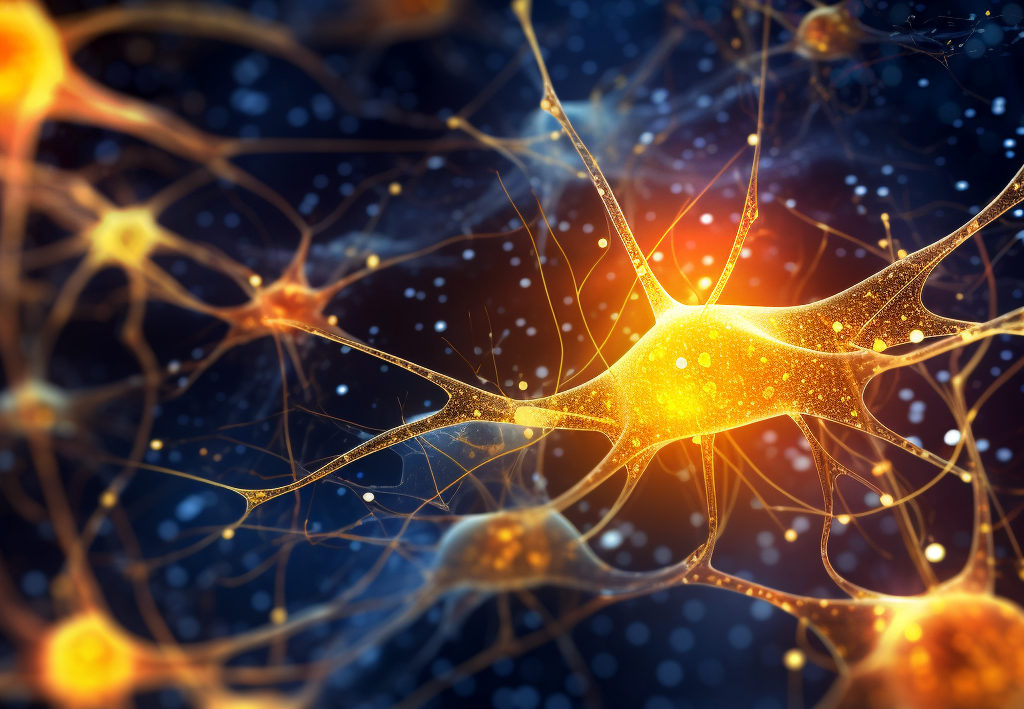We read the recent paper of Kataoka et al, which cites our work, with a great interest. The full paper can be found here.
Human Brain Organoids (HBOs) have emerged as groundbreaking tools in neuroscience and regenerative medicine, mimicking the structure and function of human brain tissue. From modeling neurological diseases to advancing biocomputing, their applications are vast. However, as this field progresses, it raises complex ethical, legal, and social questions.
Key concerns include the potential consciousness of HBOs, moral status, donor consent, and the welfare of animals used in chimera experiments. Biocomputing intersections introduce new dimensions, such as synthetic biological intelligence, promising efficiency but demanding careful ethical evaluation.
The article underscores the need for interdisciplinary collaboration and robust regulatory frameworks to navigate these challenges responsibly. Public engagement and transparent communication will play crucial roles in aligning societal values with scientific advancements.
This evolving field not only promises scientific breakthroughs but also demands an ethical rethinking of our approach to humanity’s biological and technological frontiers.

